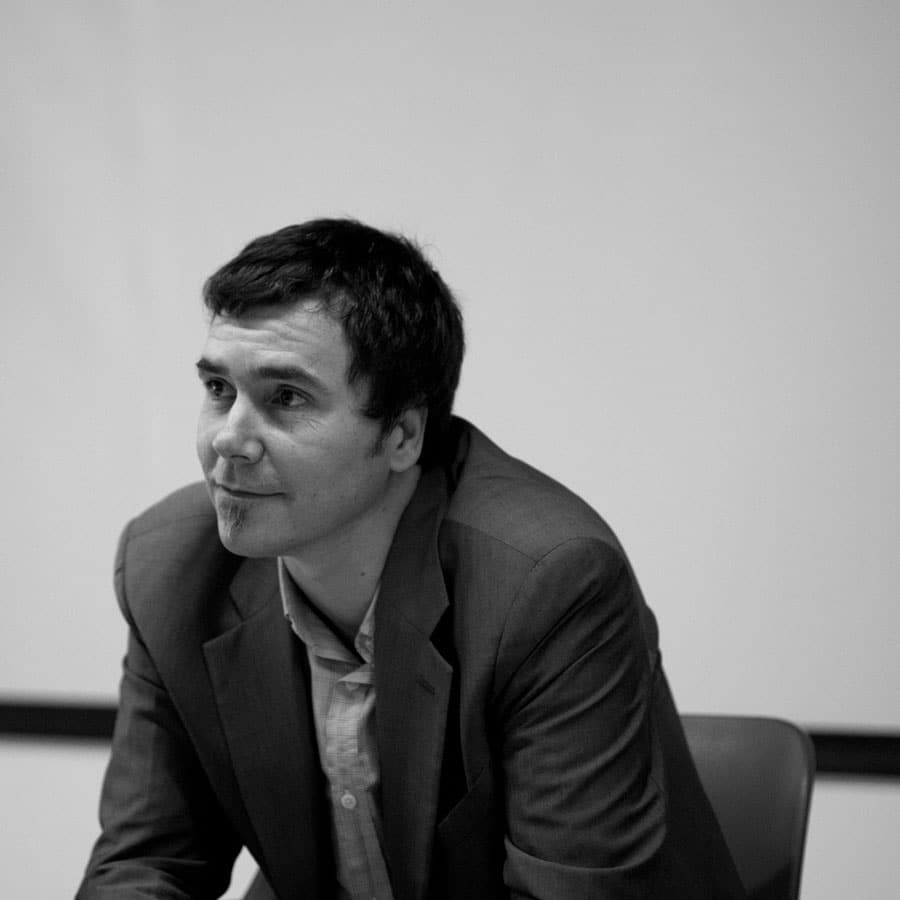Summary
In this insightful talk, Maria explains the concept of minimum lovable experiences and how to measure them through customer sentiment, engagement metrics, and qualitative feedback. She emphasizes empathy by sharing her approach of deeply engaging with employees across hierarchies and creating safe environments for honest conversations. Steve highlights the importance of creating cross-functional empathy to reduce fear and resistance during organizational changes, using tactics like cross-training and structured communication. Harry discusses the challenges and strategies involved when companies shift from product or technology focus to experience-driven culture, emphasizing cultural journeys and company-wide ownership rather than siloed responsibilities. The speakers explore practical facilitation techniques for divergent and convergent thinking, propose unique conflict resolution methods (e.g., swapping advocacy roles), and stress the need for vulnerability and inclusiveness to drive meaningful collaboration and innovation. They also reflect on embracing failure as part of the experimentation and design process.
Key Insights
-
•
Minimum lovable experience can be measured using customer sentiment scores, complaints, monthly active users, and sharing metrics.
-
•
Engaging employees in informal settings, like kitchens or social events, helps surface authentic feelings and insights.
-
•
Avoid recording interviews with employees during organizational research to build trust and elicit honest responses.
-
•
Transitioning to an experience-driven company often causes cultural shifts and turf politics but requires intentional collaboration.
-
•
For companies with complex B2B customers, identifying the true end user can be the first major challenge in moving towards customer-centricity.
-
•
Cross-training between teams reduces fear during change by building empathy and shared competence.
-
•
Designing for change requires deliberate communication, inclusion, and creating safe spaces for dissenting views.
-
•
A powerful conflict resolution technique is having opposing teams swap and advocate for each other’s ideas to build empathy.
-
•
Structured brainstorming methods that start with individual idea generation prevent groupthink and improve outcomes.
-
•
Accepting and managing failure as part of experimentation encourages innovation and reduces fear of mistakes.
Notable Quotes
"Minimum viable product is not necessarily measurable or satisfying the needs people have, but minimum lovable experience looks at value proposition and loveability through customer sentiment."
"I would sit in kitchens or go to social events to create opportunities for people to really open up and express how they really feel."
"I never record interviews with staff because it invites them to sugarcoat it or lie; they need to feel safe and vulnerable."
"The journey to an experience-driven company is a cultural shift that everyone ends up owning rather than a new team taking over."
"For some companies, the first step towards customer-centricity is figuring out who their actual customer is."
"Cross training helps people feel more capable and reduces hesitation to embrace change."
"Designing for change is harder than the change itself; communication and inclusion are key."
"When teams switch roles and defend each other’s opposing ideas, empathy grows and a third way often emerges."
"My preference is for individuals to write down their ideas first before group discussion to avoid losing unique thoughts."
"If the worst thing that could happen can be lived with, then it’s worth taking the next step, even if it might be a mistake."
Or choose a question:
















More Videos
"You’re born on third base but think you hit a triple — that’s the enterprise software delusion."
Standardizing Product Merits for Leaders, Designers, and Everyone
June 15, 2018

"Very few people in business are familiar with situational awareness unless they served in the military."
Simon WardleyMaps and Topographical Intelligence (Videoconference)
January 31, 2019

"Many smartwatch designs assume male hands as default, excluding smaller wrists and diverse body types."
Sandra CamachoCreating More Bias-Proof Designs
January 22, 2025

"Appealing to stakeholders’ best interests helps build trust and rapport."
Darian DavisLessons from a Toxic Work Relationship
January 8, 2024

"After each interview, I input the transcript into ChatGPT and ask for three key takeaways that I can quickly share with stakeholders."
Fisayo Osilaja[Demo] The AI edge: From researcher to strategist
June 4, 2024

"Craft cultivates customer satisfaction, loyalty, and even forgiveness when functional issues arise."
Uday GajendarThe Wicked Craft of Enterprise UX
May 13, 2015

"Service blueprints would have helped business units understand backend impacts and responsibilities."
Davis Neable Guy SegalHow to Drive a Design Project When you Don’t Have a Design Team
June 10, 2021

"Launching a design system is not a sprint, there’s no end, it’s always a continuous process."
Eniola OluwoleLessons From the DesignOps Journey of the World's Largest Travel Site
October 24, 2019

"Most of us in design are very process-oriented, but traditional devops tools are task and issue-centric, making collaboration hard."
Aurobinda Pradhan Shashank DeshpandeIntroduction to Collaborative DesignOps using Cubyts
September 9, 2022



















